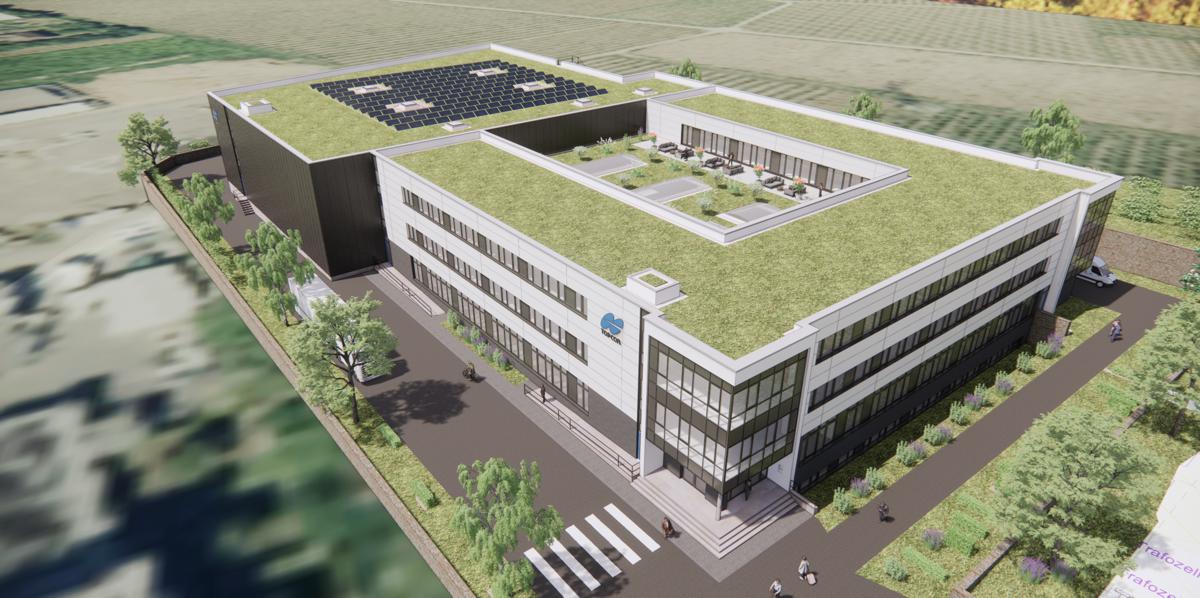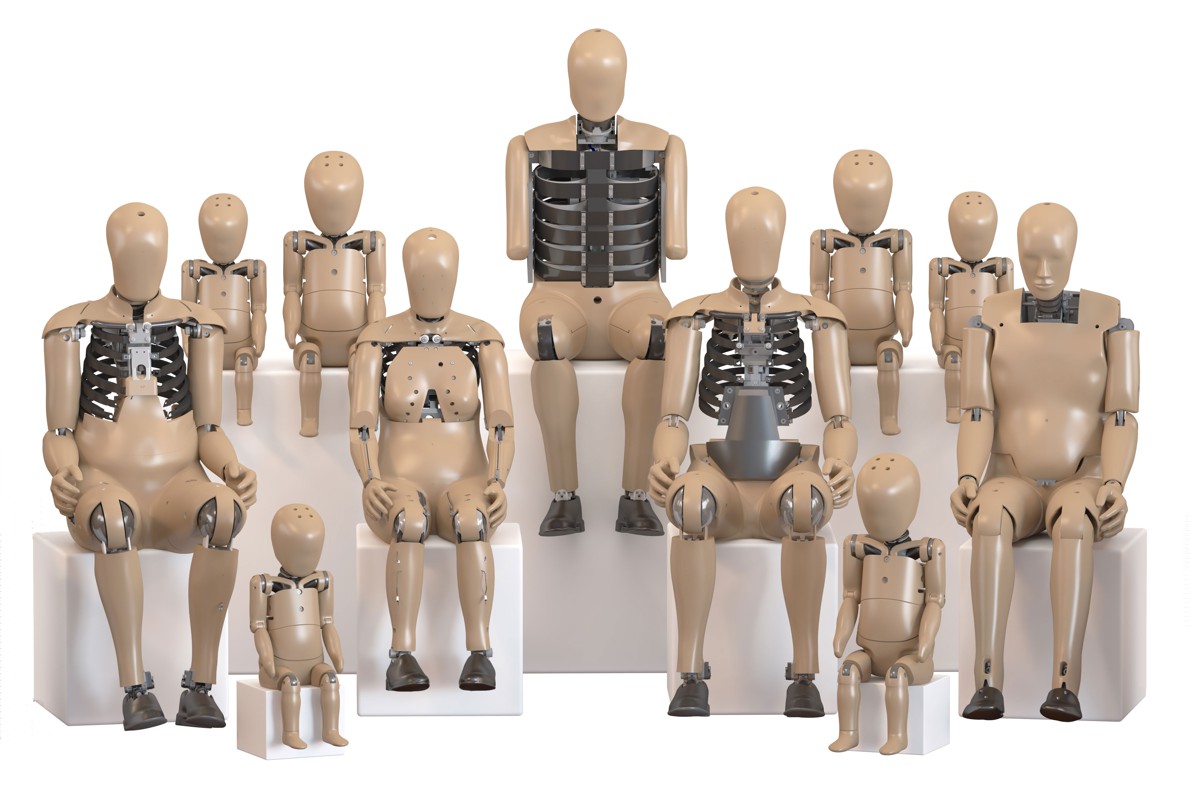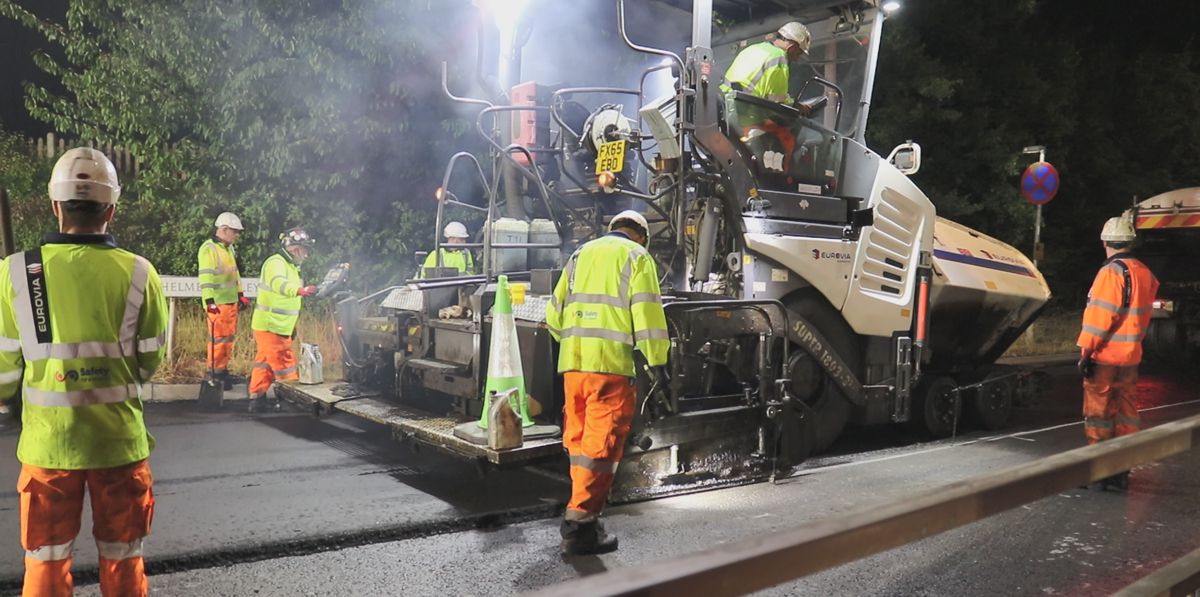Motorola Body-Worn Cameras improve safety for National Highways in England
With over four million journeys taking place across England’s motorways and major roads each day, National Highways has equipped its traffic officers with VB400 body-worn cameras from Motorola Solutions to ensure transparency and increase safety for officers and citizens alike.
National Highways’ traffic officers help to keep traffic flowing smoothly and are responsible for keeping road users safe. The officers will wear the body-worn cameras while conducting patrols across England’s strategic road network (SRN) which comprises 4,300 miles of motorway and major roads in England. The cameras increase accountability by objectively recording roadside interactions and capturing video footage if an incident occurs.
“Our traffic officers patrol England’s motorways and major roads 24 hours a day, seven days a week and are at the front line to keep people safe and help the network run smoothly,” said Mel Clarke, Customer Service Director, National Highways. “The body-worn cameras protect citizens and our traffic officers and are now part of the officer’s uniform. This investment forms part of our commitment to maintaining the safety of England’s roads and providing greater operational visibility for our staff and the general public.”
The rugged VB400 is designed to withstand rigorous use in all situations and captures high-quality video and audio in all weather and light conditions. The wide angle lens records clear footage from the officer’s viewpoint and features an extended battery life of up to 12 hours. The deployment also includes Motorola Solutions’ VideoManager evidence management software to upload and manage the recorded video securely in the cloud.
“The VB400 body-worn cameras are developed locally in the U.K. and will support the safety of millions of passengers who drive across England’s major roads during the day and night,” said Fergus Mayne, Country Manager, U.K. & Ireland at Motorola Solutions. “By deploying the cameras to all traffic officers, National Highways has committed to the highest levels of safety for everyone who travels and works on the roads.”
National Highways follows a series of body-worn camera deployments across U.K. enterprises and public safety organizations including ambulance trusts across NHS England, Police Scotland, Lancashire Constabulary and retailer, the Co-op.
How Body Cameras Enhance Security
Enhancing security with body cameras is now a necessity. Body-worn cameras have become instrumental in bolstering security across various domains, including National Highways in England. These devices offer numerous advantages that contribute to security enhancement and the safety of both the public and law enforcement personnel.
Here are key ways in which body cameras achieve this:
- Evidential Documentation: Body cameras capture high-quality video and audio recordings of incidents, providing crucial evidential documentation for highway accidents, disputes, or criminal activities. This unbiased, accurate account of events is invaluable for investigations and legal proceedings.
- Deterrence: The presence of body cameras acts as a potent deterrent to unlawful behavior. Knowing they are being recorded, individuals are less likely to engage in aggression or illegal activities, reducing violence, vandalism, and road rage.
- Accountability: Body cameras promote accountability among law enforcement officers and security personnel. The awareness of scrutiny encourages adherence to best practices, leading to increased professionalism and reduced misconduct.
- Transparency: Body cameras foster transparency and trust in law enforcement and security agencies. Public access to recorded footage ensures fair and lawful procedures, enhancing public confidence.
- De-escalation: Body cameras aid in de-escalation during tense situations. Recorded footage encourages cooperation, minimizing confrontations and violence.
- Training and Improvement: Recorded footage aids training and performance evaluation. Agencies can review incidents to identify areas for improvement and enhance security practices.
- Quick Response: Body cameras provide real-time perspectives in emergencies, aiding swift decision-making in highway accidents or disruptions.
Motorola’s advanced body-worn cameras enhance National Highway security in England. Their reliability, durability, and user-friendly interface make them invaluable tools, ensuring safer highways.
Incorporating body-worn cameras in security protocols enhances highway safety while fostering accountability and transparency in law enforcement. These devices are not just for documentation but powerful instruments promoting security, justice, and public trust.















